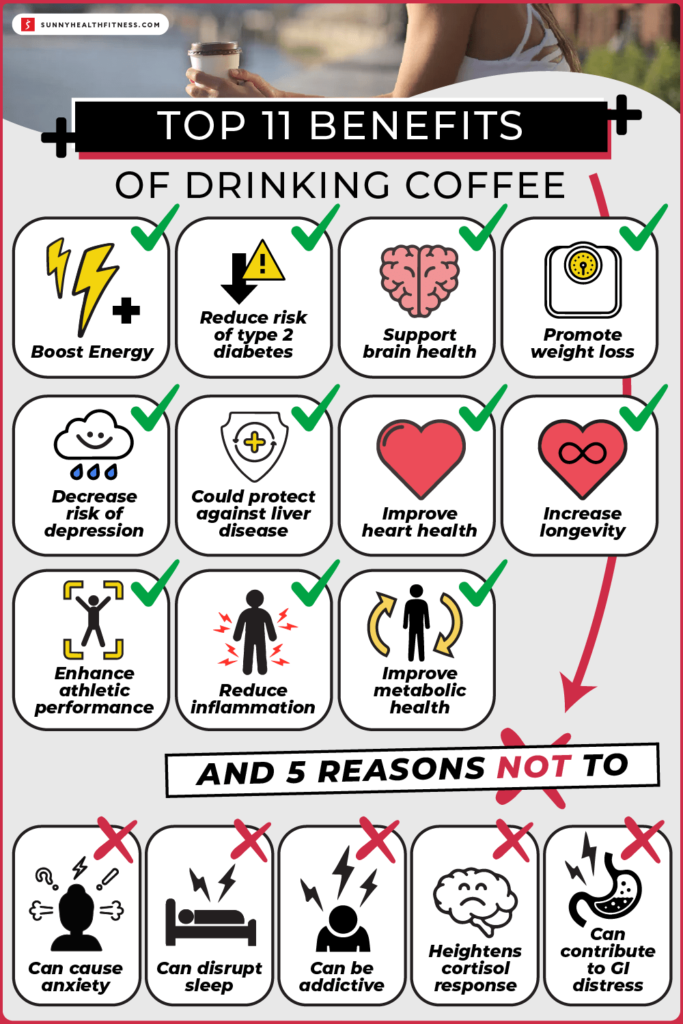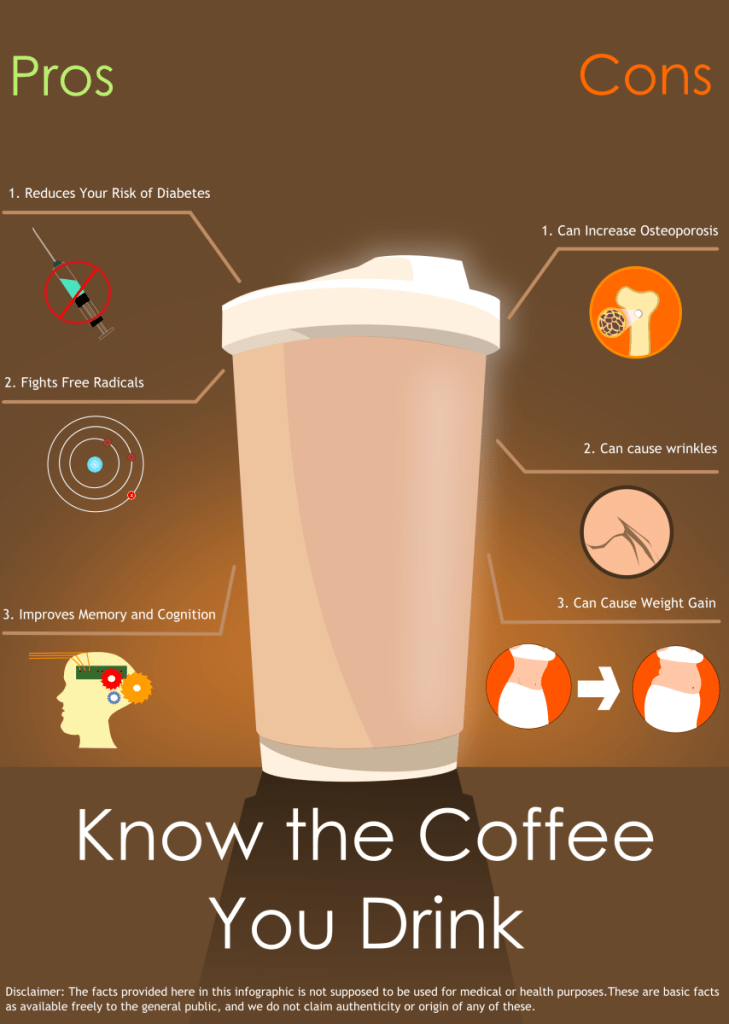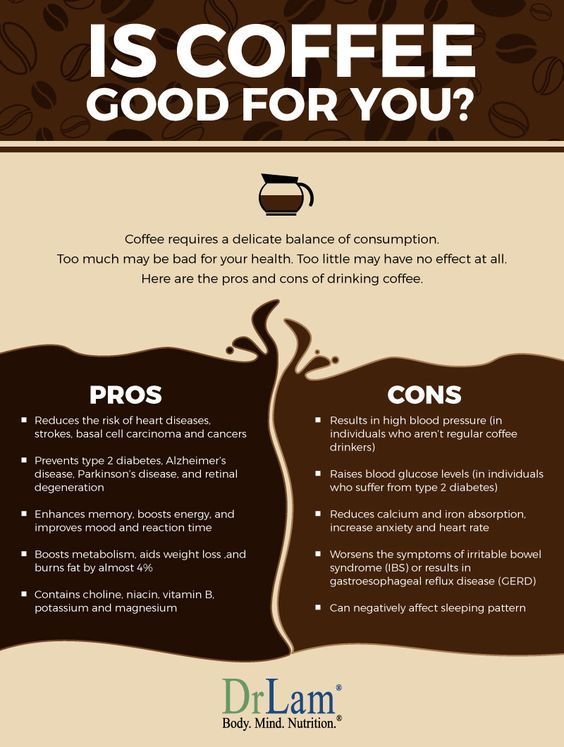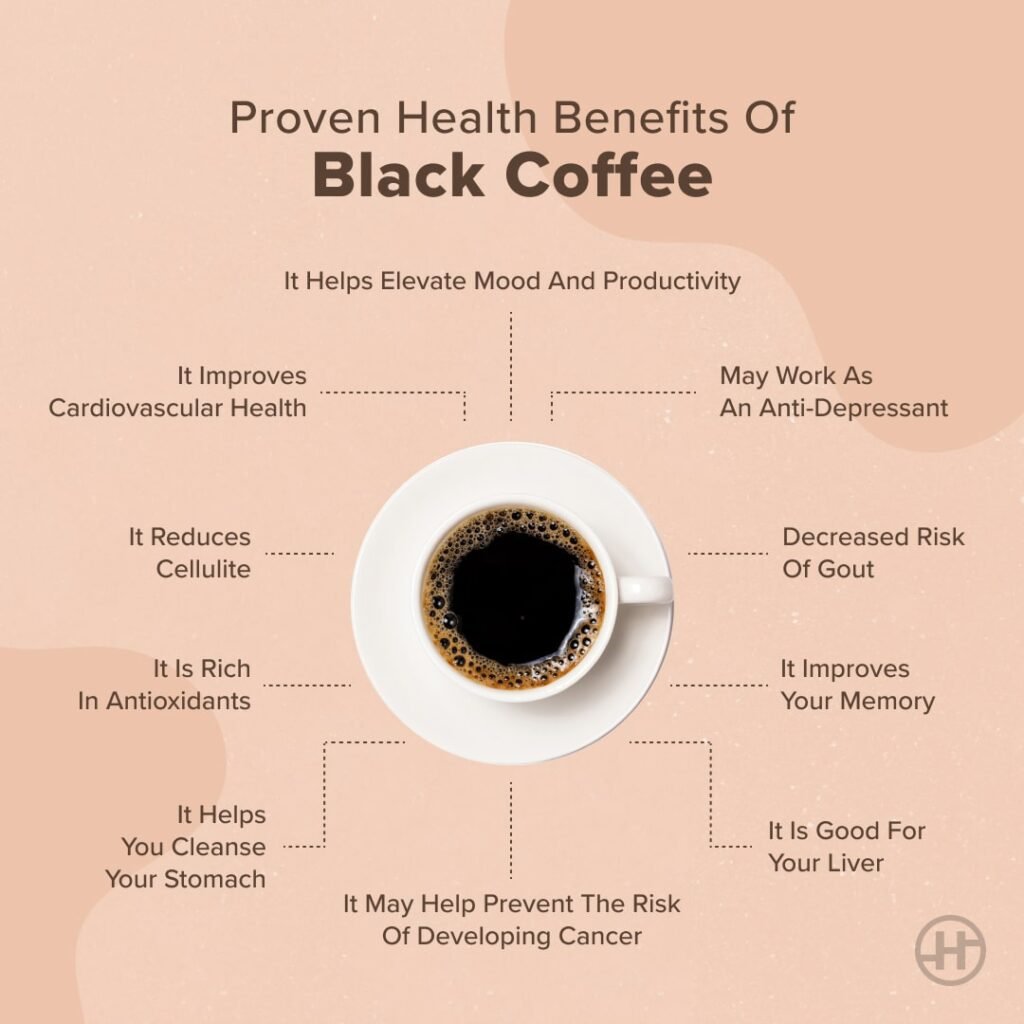Do you ever find yourself wondering about the pros and cons of drinking coffee? You’re not alone! Coffee has been a staple in many cultures for centuries, and it’s widely consumed across the globe. Understanding both its benefits and drawbacks can help you make more informed decisions about your own coffee consumption. Let’s dig deeper into what makes coffee a beloved beverage but also examine the potential downsides you should be aware of.
The History and Popularity of Coffee
Coffee has an illustrious history dating back to the 15th century. Originating in Ethiopia, it spread to the Middle East before making its way to Europe and the Americas. Today, coffee is a global phenomenon, enjoyed from bustling cities to small countryside towns.
The Global Love for Coffee
It’s fascinating how coffee unites people from different parts of the world. Whether it’s the Italian espresso, the Turkish coffee ceremony, or the trendsetting cold brews in the United States, the love for this caffeinated drink is universal.
The Pros of Drinking Coffee
Coffee isn’t just a comforting ritual; it also offers several benefits for your health and well-being. Here are some key advantages you might experience when you sip on a cup of joe.
Boosts Mental Alertness
Coffee is primarily loved for its ability to enhance mental alertness. The caffeine in coffee acts as a stimulant by blocking adenosine, a neurotransmitter that induces sleep. This mechanism makes you feel more awake and focused.
Improves Physical Performance
If you’re into fitness, you might find that coffee can be a useful pre-workout drink. Caffeine increases adrenaline levels, which can boost your physical performance by making you more energetic and ready to tackle your workout.
Rich in Antioxidants
Coffee is packed with antioxidants, which help combat the damage caused by free radicals in your body. These antioxidants can reduce inflammation and possibly lower the risk of certain chronic diseases.
Supports Heart Health
Moderate coffee consumption has been linked to a reduced risk of heart disease. The antioxidants and anti-inflammatory compounds in coffee can improve the health of your blood vessels and lower blood pressure.
Enhances Fat Burning
Many fat-burning supplements contain caffeine—and for good reason. Caffeine can stimulate your metabolic rate and increase the oxidation of fatty acids, making it easier for your body to burn fat.
May Lower the Risk of Type 2 Diabetes
Some studies suggest that coffee drinkers have a lower risk of developing type 2 diabetes. The antioxidants and other bioactive compounds in coffee may enhance insulin sensitivity and boost your body’s glucose metabolism.

The Cons of Drinking Coffee
While coffee has several benefits, it’s also important to consider the downsides. Excessive or even moderate coffee consumption can lead to some negative health effects.
Risk of Insomnia and Restlessness
One of the most commonly reported issues with coffee is that it can interfere with your sleep. If consumed in large quantities or late in the day, caffeine can cause insomnia and restlessness, affecting your overall well-being.
Can Cause Digestive Issues
Coffee is acidic and can increase the production of stomach acid. This means that drinking too much coffee might lead to issues like acid reflux, heartburn, or upset stomach.
May Increase Anxiety Levels
Caffeine is a stimulant, which means it can heighten your awareness but also elevate your anxiety levels. If you’re prone to anxiety, consuming too much coffee could exacerbate your symptoms.
Risk of Addiction and Dependency
You might find it hard to function without your morning cup of coffee, a clear sign of caffeine addiction. Dependence on coffee can lead to withdrawal symptoms like headaches, irritability, and fatigue when you don’t get your usual dose.
Potential Negative Impact on Heart Health
While moderate coffee consumption has cardiovascular benefits, excessive intake can be harmful. High caffeine levels can lead to increased heart rate and elevated blood pressure, which might increase the risk of cardiovascular issues.
Interferes with Nutrient Absorption
One of the less-known disadvantages of coffee is that it can interfere with the absorption of certain nutrients, including calcium, iron, and magnesium. Over time, this could lead to deficiencies if coffee is consumed in large amounts.
Demystifying Coffee Myths
There’s a lot of misinformation out there about coffee. Let’s separate the myths from the facts so you can make better-informed choices.
Myth: Coffee Stunts Your Growth
This old wives’ tale has been debunked by countless studies. There’s no scientific evidence to suggest that drinking coffee affects your height or growth.
Myth: Coffee Causes Dehydration
While caffeine has a mild diuretic effect, moderate coffee consumption does not lead to dehydration. The water content in coffee beverages adequately compensates for any fluid loss.
Myth: Coffee is Bad for Your Heart
As we’ve seen, coffee can be both good and bad for your cardiovascular health. The key is moderation. Excessive coffee consumption can raise your heart rate and blood pressure, but moderate intake generally poses no risk.

How to Maximize the Benefits of Coffee
If you want to enjoy coffee’s benefits while minimizing its drawbacks, here are some effective strategies you can adopt.
Choose Quality Over Quantity
Opt for high-quality coffee beans and pay attention to how it’s brewed. Quality coffee is less likely to cause jitters or digestive problems and often has a richer, more satisfying flavor.
Limit Your Intake
Moderation is crucial when it comes to coffee. Stick to a safe limit of around 3-4 cups per day. This way, you can enjoy its benefits without suffering from the downsides like insomnia or anxiety.
Mind the Timing
Avoid drinking coffee late in the day to prevent it from interfering with your sleep. Consuming your last cup at least six hours before bedtime can help you maintain a regular sleep schedule.
Listen to Your Body
Everyone’s tolerance to coffee is different. Pay attention to how your body reacts and adjust your intake accordingly. If you notice negative symptoms like restlessness or digestive issues, consider cutting back.
Combine with a Balanced Diet
Coffee can be part of a healthy lifestyle if combined with a balanced diet. Make sure you’re eating foods rich in nutrients that coffee might interfere with, like calcium and iron.
Exploring Different Types of Coffee
The world of coffee is vast and varied. Let’s explore some popular types so you can diversify your coffee experience.
Espresso
Espresso is a concentrated form of coffee served in small, strong shots. It’s the base for many other coffee drinks like lattes and cappuccinos.
Americano
An Americano is made by adding hot water to an espresso shot, resulting in a drink that’s similar in strength to drip coffee but with a different flavor profile.
Latte
A latte is a creamy coffee drink made with espresso and steamed milk. It’s often adorned with a light layer of foam and can be flavored with syrups like vanilla or caramel.
Cappuccino
A cappuccino consists of equal parts espresso, steamed milk, and milk foam. It’s a rich and balanced coffee drink that’s perfect for enjoying with breakfast or as a mid-morning treat.
Cold Brew
Cold brew coffee is made by steeping coarse coffee grounds in cold water for an extended period, usually 12-24 hours. The result is a smooth, less acidic, and highly caffeinated coffee drink, perfect for hot summer days.

The Environmental Impact of Coffee
As you enjoy your coffee, it’s important to consider its environmental footprint. Coffee production has both positive and negative environmental impacts that you should be aware of.
Positive Impact: Shade-Grown Coffee
Shade-grown coffee farms help preserve biodiversity by providing habitats for various species of birds and insects. This farming method is also better for soil health and water retention.
Negative Impact: Deforestation
Unfortunately, large-scale coffee farming can contribute to deforestation. Clearing land for coffee plantations can lead to habitat loss and negatively affect local ecosystems.
Positive Impact: Organic Farming
Organic coffee farming avoids harmful chemicals and pesticides, making it better for the environment and your health. The soil quality in organic farms is often superior, leading to sustainable production.
Negative Impact: Water Usage
Coffee production is water-intensive. From growing the beans to processing and washing them, a significant amount of water is required. This can strain local water resources, especially in areas already facing water scarcity.
What You Can Do
To make your coffee habit more eco-friendly, look for certifications like Fair Trade, Rainforest Alliance, or Organic. These labels indicate that the coffee was produced in a sustainable and ethical manner.
The Cultural Significance of Coffee
Coffee is not just a beverage; it’s a cultural phenomenon that brings people together. Let’s explore how coffee plays a vital role in different cultures around the world.
Coffeehouses as Social Hubs
From the bustling cafes of Paris to the serene tea rooms of Japan that also serve coffee, these establishments serve as social hubs where people gather to chat, work, or relax. Coffeehouses have historically been places of intellectual exchange and social interaction.
Traditional Coffee Ceremonies
In Ethiopia, the birthplace of coffee, traditional coffee ceremonies are a significant cultural event. The process involves roasting coffee beans, grinding them, and brewing the coffee in a special pot called a Jebena. It’s a ritual that promotes community and hospitality.
Coffee in Pop Culture
Shows like Friends and movies like You’ve Got Mail have popularized the modern coffee shop culture. From casual meet-ups to business meetings, coffee has become a backdrop for many important life events.

Healthier Alternatives for Coffee Lovers
If you’re looking to cut down on coffee but still want a warm, comforting beverage, there are plenty of alternatives to consider.
Green Tea
Green tea offers a gentler caffeine boost along with a host of antioxidants. It’s great for those who want to cut back on coffee but still enjoy a daily dose of caffeine.
Herbal Teas
Herbal teas like chamomile, peppermint, and rooibos are caffeine-free and are often packed with beneficial compounds. They can be a relaxing alternative to coffee, especially in the evenings.
Matcha
Matcha is a form of powdered green tea that’s rich in antioxidants and provides a steady energy boost without the jitters. Its unique preparation ritual can also be a calming process.
Golden Milk
Golden milk is made from turmeric, ginger, and other spices mixed with milk or a milk alternative. It’s caffeine-free and offers anti-inflammatory benefits, making it a healthy choice for coffee lovers.
Decaffeinated Coffee
If you love the taste of coffee but want to avoid caffeine, decaf coffee is an excellent option. It provides the same rich flavors but without the stimulant effects, allowing you to enjoy it any time of day.
Conclusion: Weighing the Pros and Cons
In the end, whether coffee is beneficial or harmful to you depends on various factors, including your health condition, lifestyle, and how much coffee you consume. Like many things in life, moderation is key. By enjoying coffee mindfully, you can savor its rich flavors and experience its benefits without suffering from its drawbacks.
So, next time you brew a cup or order your favorite latte, you’ll have a well-rounded understanding of what you’re sipping, allowing you to make choices that best suit your lifestyle and well-being.

